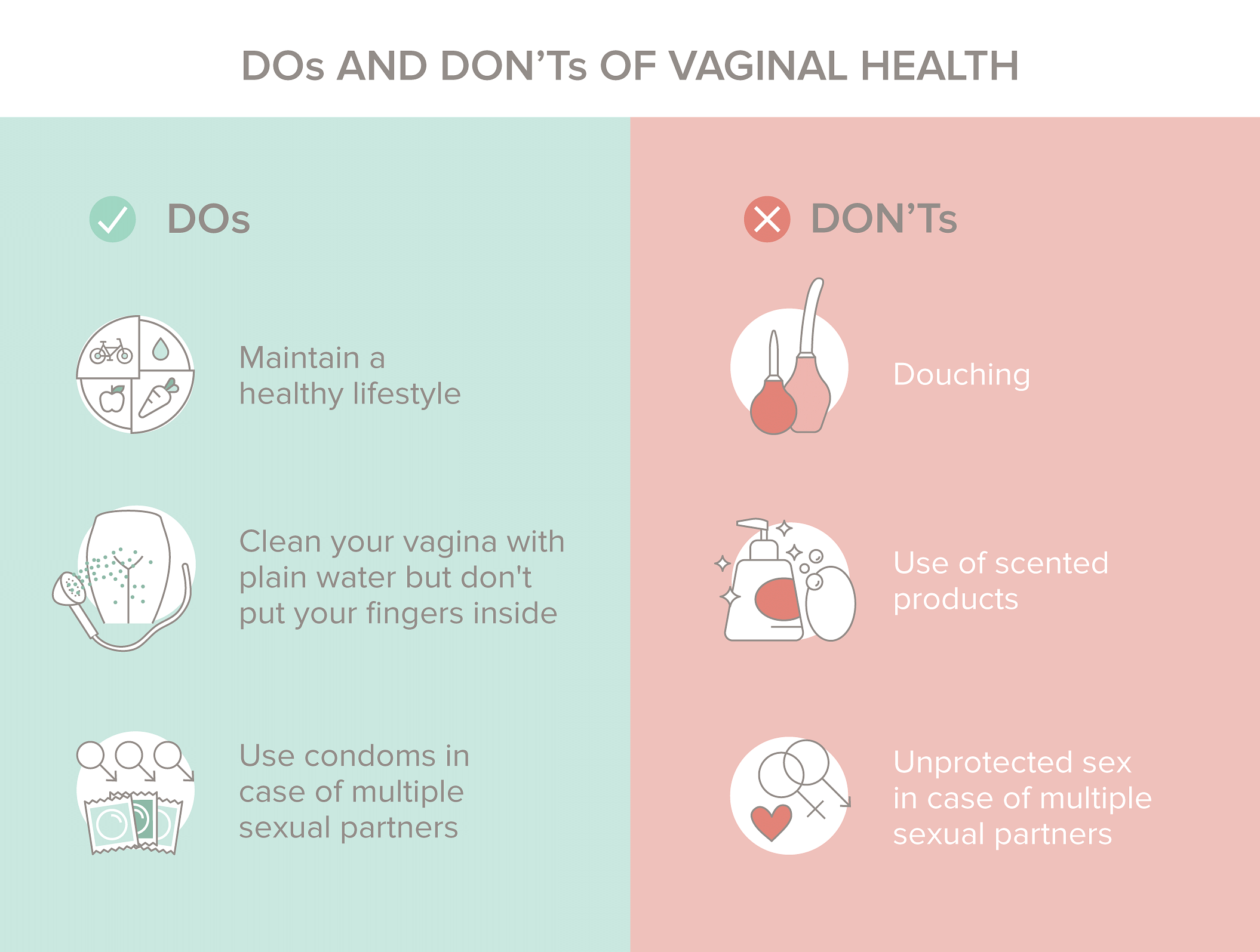There are certain parts of our body that can leave us wondering about their unique capabilities. Our vagina is one of them.
The vagina is a muscular tube that connects the cervix to the exterior. It is around 7 to 10 cm in length and helps us in many ways. The vagina allows the menstrual blood to escape out from the uterine cavity, it accommodates the penis during intercourse, gives way for the passage of sperm and also delivery of your little ones. It is geared up to protect us from infection.
An interesting fact about the vagina
The vagina does not have any glands of its own, and some amount of discharge from the vagina is normal. It comes from the cervix and the uterine cavity. This discharge is influenced by hormones and the consistency varies depending upon different phases of the menstrual cycle.
What happens inside the vagina?
There are loads of bacteria residing in our vagina and in fact they protect us from infection. A bacteria called lactobacillus grows inside our vagina, producing lactic acid, hydrogen peroxide and bacteriocins which do not allow other organisms to grow.
But why does lactobacillus grow inside our vagina?
This is because under the influence of oestrogen hormone, vaginal epithelial cells multiply and store glycogen. This glycogen-rich environment favours growth of lactobacillus which converts the glycogen to lactic acid and maintains the acidic nature of vagina. That’s how it protects us against sexually transmitted pathogens and and opportunistic infections
The vagina is well equipped to protect itself. Therefore, it is rightly called the self-cleaning oven.
Take good care of your vagina by leaving it alone. Here is a list of things that you can do to maintain a good vaginal hygiene:

If you see any vaginal discharge which is associated with foul smell, itching, and is excessive in quantity, it is better to seek medical help.
There are also other body parts which have the incredible ability to self-cleanse
Ear: The wax in our ears acts as a barrier for infections. You can try removing them with an ear bud. But if you feel your ear is blocked, it is a good idea to see a doctor.
Nose: Does nose picking make you conscious or guilty? There is actually no need to do that. In fact, you may cause damage. If there is any crusting or blockage, saline nasal drops are the best options.
Eyes: Tears coming from the lacrimal gland help in lubrication and also flush out the foreign bodies.
Colon: The colon removes all the waste from our body, so no need for any colon cleansers.
Isn’t it amazing to see how the human body works? The best we can do is maintain a healthy lifestyle, eat a balanced diet, and exercise regularly. Intimate wash or hygiene products are a personal choice and sometimes they can be helpful in maintaining regular hygiene. In case of irritation, however, it is advisable to seek a medical opinion.
Note: Vagina care is one of the primary concerns in a woman’s life. While we do our best to maintain proper vaginal hygiene, it is always a good option to hear about it from our experts. We have put together a list of articles, written by experts, each of which are written after thorough research. We also have some personal stories shared by our readers that are relatable, funny, and are written by women like us. You can read up more on vaginal health right here. You can also read up on Dr. Abhinaya Alluri’s take on vaginal hygiene, right here.







I really came know about it now .
Its really helpful..
Tqq much nua women .?
We are really glad that you found it helpful. 🙂